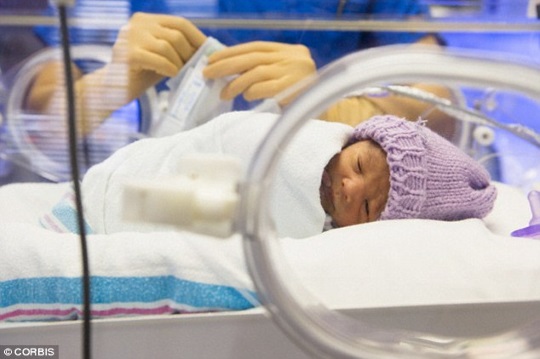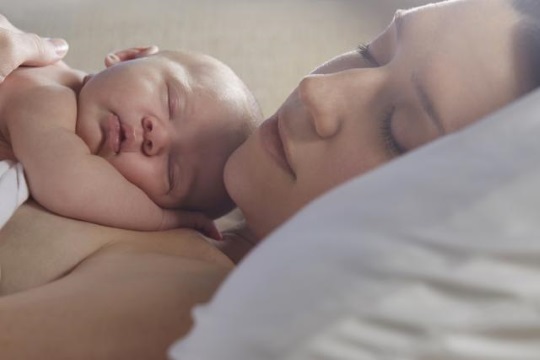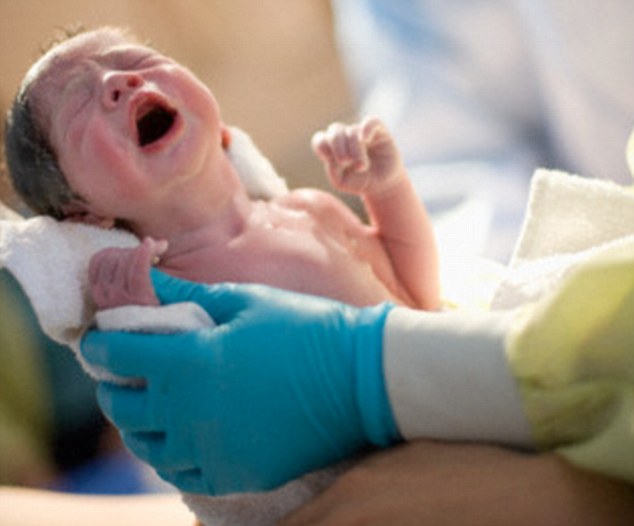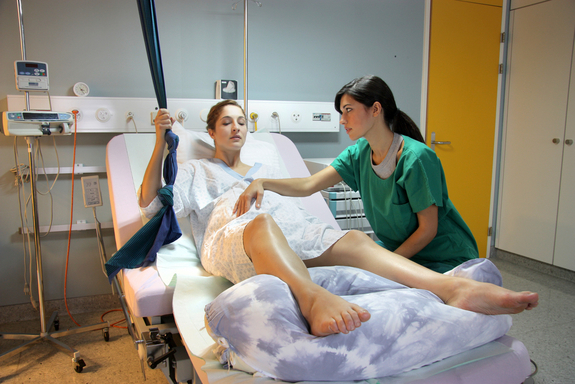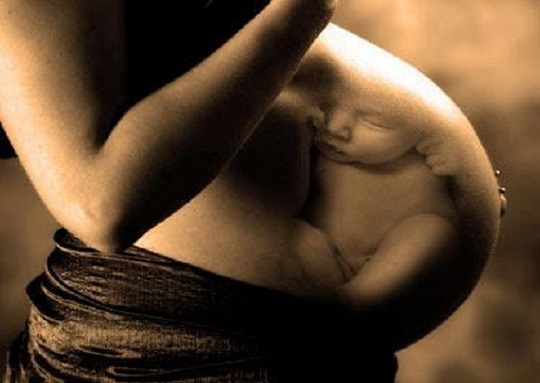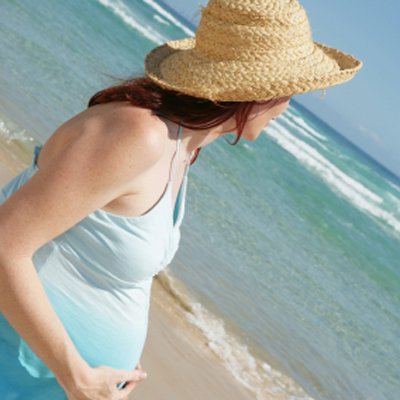Babies Are More Likely to Be Born Premature
Depression in women during pregnancy has long been linked to an increased risk of premature birth.
But, a new study revealed that depression in expectant fathers can increase that risk, as well. New depression in fathers raised the risk of a ‘very preterm’ birth by 38 per cent, the study found. Meanwhile, both new and recurrent depression in mothers increased the risk of moderate preterm birth between 30 and 40 per cent. Professor Anders Hjern, of the Centre for Health Equity Studies in Stockholm, said: ‘Our results suggest that both maternal and paternal depression should be considered in preterm birth prevention strategies and both parents should be screened for mental health problems.’ Scientists investigated more than 350,000 births in Sweden between 2007 and 2012. Depression, for both men and women in the study, was defined as having had a prescription of antidepressant medication or receiving outpatient/inpatient hospital care. The study looked at instances of depression from 12 months before conception to the end of the second trimester of pregnancy. People with depression were either classified as ‘new’ cases – if they had no depression in the 12 months prior to diagnosis – or ‘recurrent’ cases. ‘Very preterm’ birth occurs between 22 and 31 weeks, while ‘moderately preterm’ happens between 32 and 36 weeks, according to the scientists. Depression had been known to affect a baby’s health, the study authors said.
Maternal stress – including the death of a loved one, lack of social support or an abusive relationship – had also been shown to increase the risk of premature birth. Yet, there had been little research into the impact of paternal depression on the health of a mother or unborn child – until now. Professor Hjern said: ‘Depression of a partner can be considered to be a substantial source of stress for an expectant mother, and this may result in the increased risk of very preterm birth seen in our study.’ Paternal depression can also affect sperm quality, have epigenetic effects on a baby’s DNA and affect placenta function. But, those risks seem to be reduced for recurrent paternal depression. That finding suggests that treatment for depression may reduce the risk of preterm birth. Professor Hjern said: ‘Since men are less likely to seek professional help for any mental health problems, a proactive approach towards targeting the wellbeing of expectant fathers may be beneficial.' Dr Patrick O’Brien, a spokesperson for the Royal College of Obstetricians and Gynaecologists, added that up to 20 per cent of women experience anxiety or depression during pregnancy – and the first year after childbirth. He said: ‘We encourage anyone, particularly those planning a family or who are pregnant, and are experiencing a change in mood, irritability or anxiety to seek advice. ‘No one should suffer in silence – there is help and support available.’ The study was published in BJOG: An Internal Journal of Obstetrics and Gynaecology. Written By Lisa Ryan Retrieved From:
|
|





